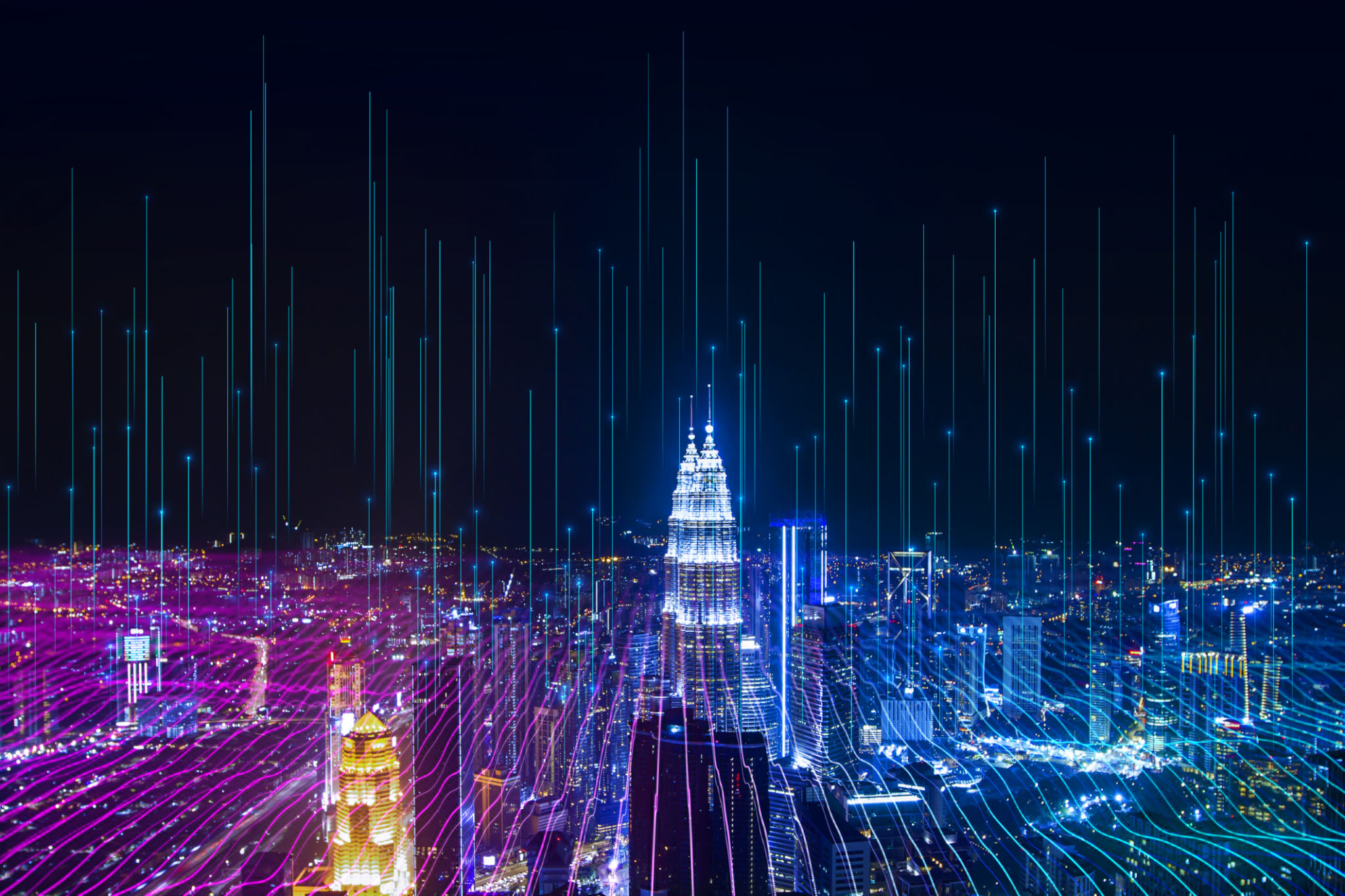Exploring Emerging BMS Technologies: Innovations in the Netherlands
Td
Introduction to Building Management Systems
Building Management Systems (BMS) are essential in modern architecture, providing centralized control over a building's various systems. These systems help in managing energy consumption, optimizing operational efficiency, and enhancing the comfort of occupants. As technology advances, the Netherlands has emerged as a leader in integrating innovative BMS technologies.
The focus on sustainability and smart city initiatives has driven Dutch companies to explore cutting-edge solutions. This blog post delves into the latest BMS innovations emerging from the Netherlands, highlighting their potential impact on global building management practices.

Integration of IoT in BMS
The Internet of Things (IoT) plays a pivotal role in the evolution of BMS technologies. In the Netherlands, IoT integration allows for real-time monitoring and control of building systems, such as lighting, heating, and ventilation. This connectivity enables data-driven decision-making, resulting in improved efficiency and reduced energy consumption.
One significant advantage of IoT-enabled BMS is predictive maintenance. By continuously monitoring system performance, potential issues can be identified and addressed before they lead to costly failures. This proactive approach not only saves money but also extends the lifespan of building systems.
AI-Driven BMS Innovations
Artificial Intelligence (AI) is revolutionizing BMS technologies in the Netherlands. AI algorithms analyze vast amounts of data generated by building systems to optimize operations. These intelligent systems can automatically adjust settings to maintain optimal conditions, ensuring a comfortable environment for occupants while minimizing energy use.

Moreover, AI enhances security features by integrating with surveillance systems to detect anomalies and unauthorized access. This integration provides an additional layer of protection, making buildings safer and more secure.
Focus on Sustainability
Sustainability is a core focus for Dutch BMS technologies. Innovations are geared towards reducing carbon footprints and promoting energy efficiency. Smart energy management systems can integrate with renewable energy sources, such as solar panels, to optimize energy usage and reduce reliance on fossil fuels.
In addition, sustainable BMS solutions often include water management systems that monitor and manage water usage, promoting conservation and reducing waste. These eco-friendly practices are crucial in addressing environmental challenges and achieving sustainable development goals.

Challenges and Future Prospects
While the advancements in BMS technologies are promising, challenges remain. Integration with existing systems, data privacy concerns, and the high cost of implementation can be barriers to widespread adoption. However, the Netherlands continues to invest in research and development to overcome these hurdles.
The future of BMS in the Netherlands looks bright, as ongoing innovations promise to further enhance building efficiency and sustainability. Collaboration between tech companies, government bodies, and academic institutions is vital to drive progress and ensure that these technologies benefit society as a whole.
Conclusion
In conclusion, the Netherlands is at the forefront of BMS technology innovation. By integrating IoT, AI, and sustainable practices, Dutch companies are setting new standards in building management. These advancements not only improve operational efficiency but also contribute to a more sustainable future.
The continued exploration and adoption of emerging BMS technologies will play a crucial role in shaping the buildings of tomorrow, making them smarter, more efficient, and environmentally friendly.
